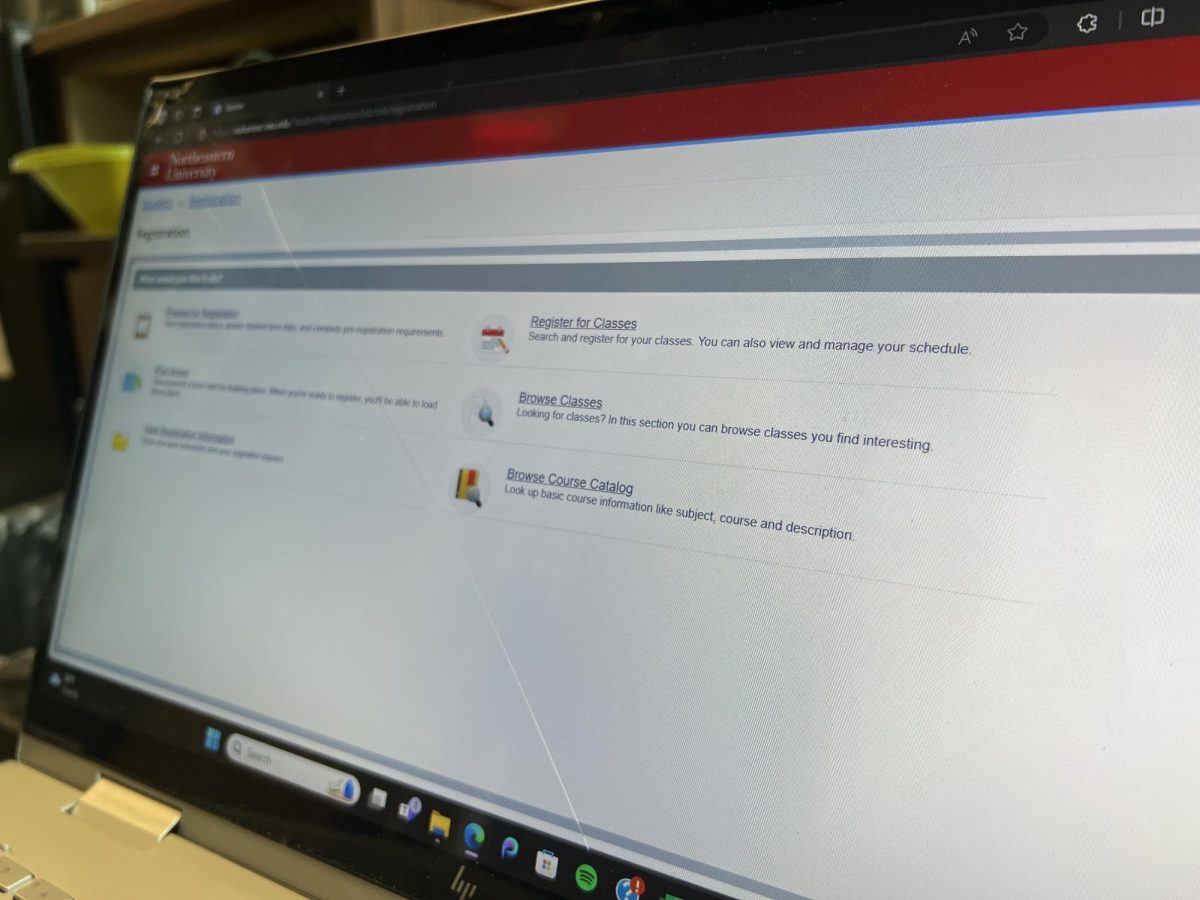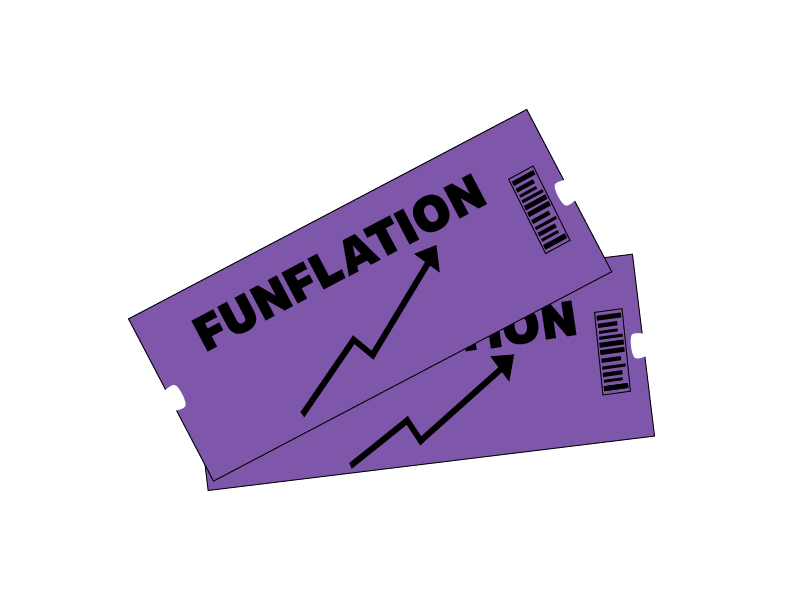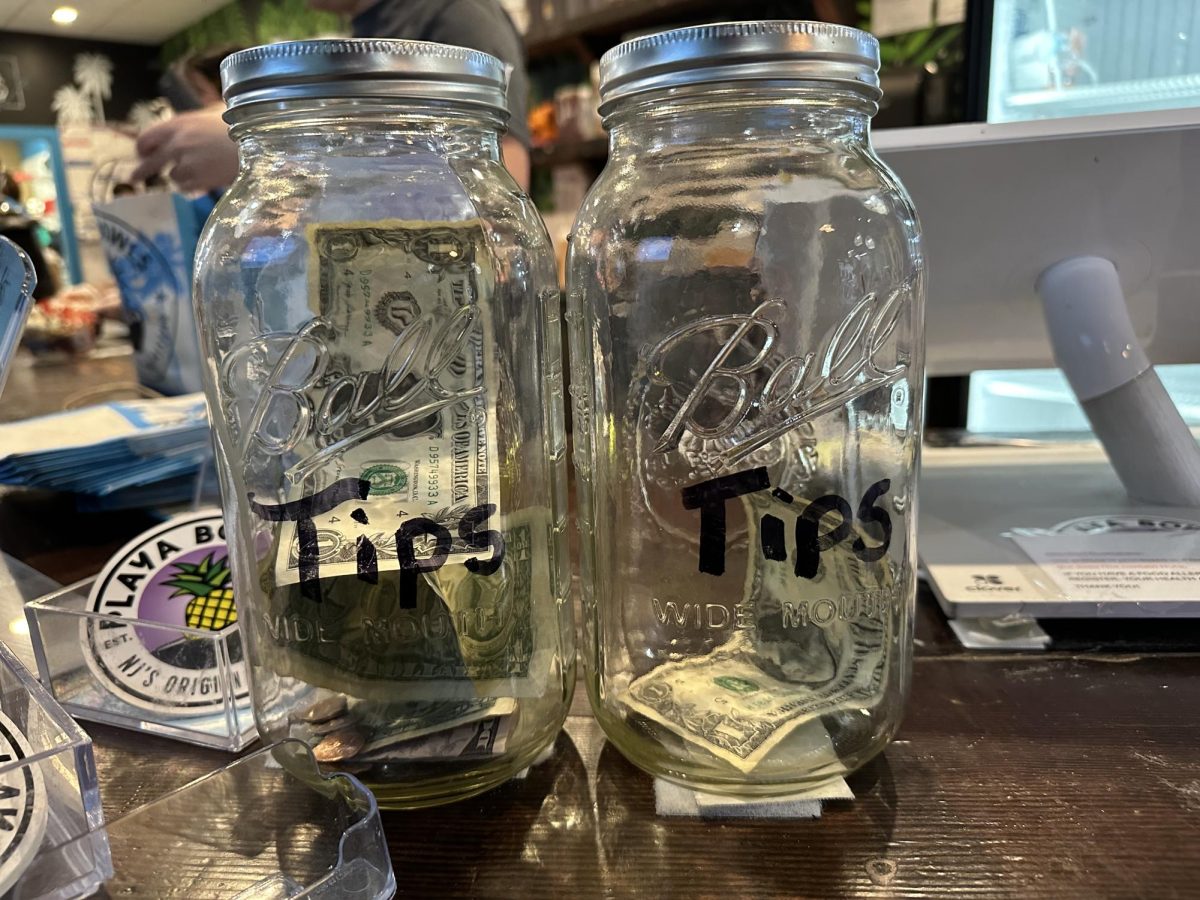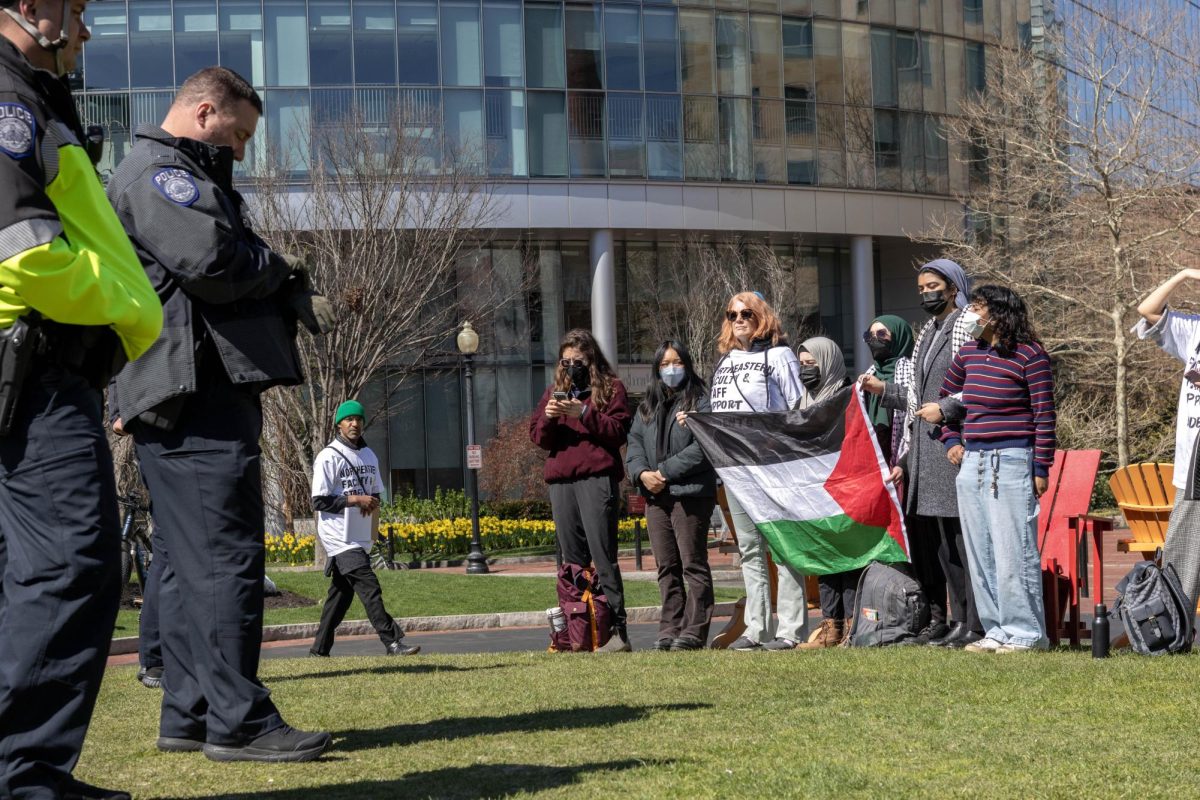Only about 32 professors (six courses a year for five years) determine whether or not a Northeastern student will graduate. They are free to decide the best way to determine a student’s level of mastery of the material in their courses, but should future students be able to see what exams professors have administered in previous years?
Come September, the 113th class of students to enroll at Northeastern University, the first group of whom arrived on campus for orientation this week, are a finite number of exams away from graduation. If all goes well, a diploma will be awarded to them with pomp and circumstance in 2015. Not unlike the 112 classes that have come before them, they will face a plethora of quizzes, midterms and final exams.
Some will recognize the value of these previous test-takers for advice about exams, and if they’re lucky, obtain hard copies of the graded exam that was returned to the previous student. Through the network of student groups, fraternities, sororities, friends, family, or co-workers, previous years’ exams inevitably trickle down into the eager hands of those facing the exams most urgently. Those in possession of these previous exams gain valuable insights like the professor’s style of questioning and focus areas of the test. They are then able to target their studying to particular topics or information. In some cases, the questions are reused verbatim or with few superficial changes, making it easy to memorize the correct answers from the old test.
Professors who put graded exams back in the hands of students to keep, as often they do, and have done for years, should assume that a number of them will be given to students who will take the class in the future, especially if it is not expressly prohibited. By handing back old exams without disallowing their reuse, they are in essence authorizing students to use previous exams to prepare for future exams. It places the use of old tests in a grey area of the Academic Integrity Policy, which prohibits the use of “unauthorized study aids and materials,” and says that a “student should rely on his or her mastery of the subject.”
If professors feel that studying old tests is academically dishonest, they should not return them to students other than to review their grades. They should make it clear that old exams are unauthorized study aids, whose use will result in referral to the Office of Student Conduct and Conflict Resolution. If, however, professors view previous year’s examinations as acceptable materials for study, they should be obligated to provide this resource to all students.
The benefits of such a policy for the students are plentiful. It evens the playing field for the students who previously were not privy to such materials, and gives everyone paying to take the course the positive benefits of learning from the old exams. It discourages cheating and encourages more genuine studying by the provision of exam questions instead of rewarding students for memorizing or replicating the answers to exams completed by another student. Best of all, it forces professors to be accountable for putting an adequate amount of thought and effort into their tests to make the questions original, fair and pertinent to the class. Ideally, they will no longer default to recycling old questions, making tests more relevant and thoughtful.
The university also will see benefits from making previous exams available to students. Students will be better prepared for their exams, reducing stress and tension. They will be motivated to study and have additional resources available to them. They will in turn perform better, receive better grades, and be more competative in the job market. The quality of education and student satisfaction will go up. A small investment of time can result in a large dividend of academic and financial benefit.
It may be argued that students who are able to seek out old exams deserve to have them, whereas students who do not seek exams have not maximized the use of their academic resources. The demand for providing the tests should not be shouldered by older students, who may wish to keep their exams to study from in the future or to help retain the information. Academic integrity should extend beyond one’s ability to network and navigate a psuedo-black market of historic examinations. Having to track down someone who has taken the class before should not be what students are spending their time doing, this time should be spent studying, reading and learning.
If professors are allowed to assign course grades based on the outcome of only one or two exams, the severity of the impact of inequality in test preparation resources is especially great. The disadvantages of not having studied old exams are compounded when the class is graded on a curve, further pushing students without this access down the scale, assuming students who have reviewed the exams perform better. An unfair advantage obtained by any student over another in the honest pursuit of their education is unacceptable.
In addition to professors taking a clearer stance on this issue, there are several ways the university and student leadership can make the exam process fairer, starting with clarification in the Academic Integrity Policy. While sweeping changes and burdening professors with extra work are certainly unnecessary, having teaching assistants or work study students scan, upload or deliver copies of exams to a central location, with or without answer keys, would be a great start.
The University of Minnesota, charges students a nominal fee to retrieve old exams to offset the cost. Websites like CourseHero.com collect user-provided assignments, syllabi, and course materials, including examinations, for hundreds of universities around the country. Anyone can purchase a yearly membership for $83.40, or pay more for monthly access. Access is free to students who upload a certain number of course documents and study materials from their own classes.
The technology and resources are available at Northeastern to create a physical or electronic bank of previous examinations. Regardless of the subject matter, students enrolled in a course should be able to see what previous students have been tested on, at least within the scope of the course, and possibly for similar courses or other courses the professor has taught. It can help them to choose which courses to take, and will help them to perform better in their classes.
The Student’s Bill of Rights and Responsibilities, passed by the Student Government Association (SGA) in 1992 and made a part of the Undergraduate Student Handbook, provides students with a number of rights now considered fundamental, such as the right to non-conflicting final exams, access to professors through office hours, periods of time during the day without classes (activities periods) and the redress of academic grievances. It is time that faculty, the university and SGA expand these rights to include the ability to review previous examinations, offering this important resource to all students instead of a privileged few.










